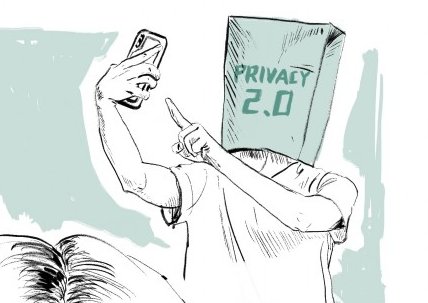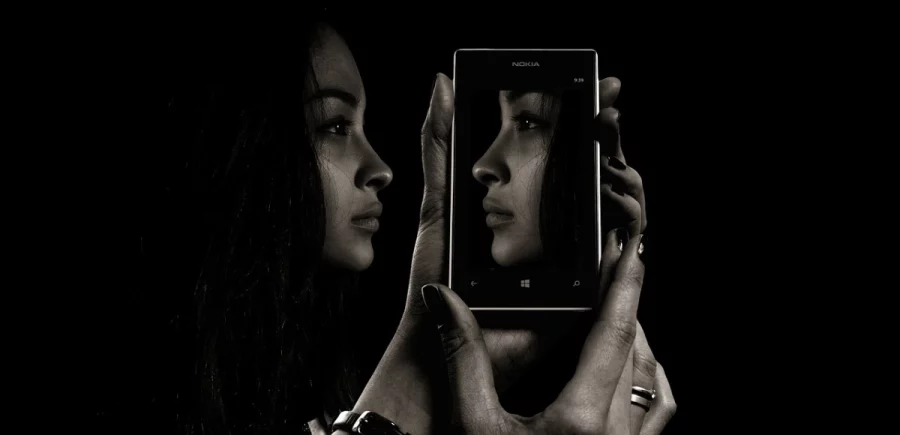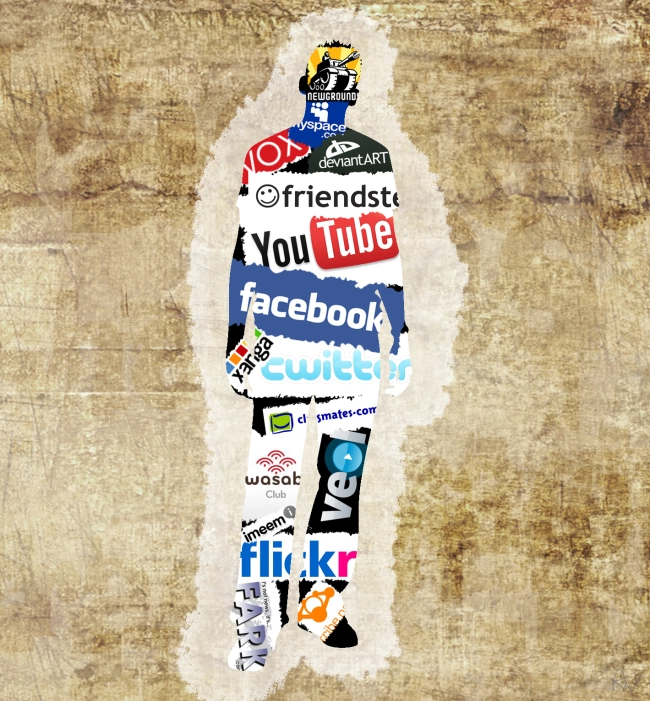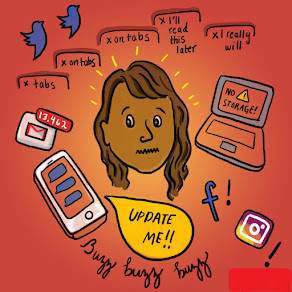In this digital age, the Internet has become a part of our life, it provides us with a new stage to show ourselves. However, there is often a subtle difference between identity on the Internet and self in reality.
The Internet provides a space for us to express ourselves freely. Here, we can selectively show fragments of our lives, carefully select photos, and even deliberately create an idealized image. This identity may be something we aspire to deep down, or it may be the perfect version we want to present to others.

However, the real self is often more complex, multifaceted, and sometimes even fragile. We have a variety of emotions and shortcomings and face challenges and difficulties in life. We need to switch between multiple roles, such as work, family, and social, with various responsibilities and obligations. This kind of pressure makes it difficult to maintain the perfect state of being on the Internet at all times. This self may not always be glamorous, but it is more real and three-dimensional.

This difference between our identity on the Internet and our real self can sometimes lead to psychological imbalances. We may become addicted to the virtual world on the Internet, ignoring our true feelings and needs in reality. This escapism can make us more lonely and confused. This difference is a common phenomenon in modern society. Research shows that there are often differences between online virtual identity and real self-image ^[1]^. On the Internet, we are more likely to break through the shackles of reality and show a more idealized or self-image in line with our own wishes. This collision and fusion between virtual identity and real self constitutes our complex and multifaceted inner world.
It is worth noting that this difference can also have some negative consequences. If we are too addicted to the identity in the network, but ignore the real self growth, it may lead to psychological imbalance. Therefore, we need to rationally treat the identity in the network and the self in reality, and maintain the balance and coordination between the two.
In addition to the psychological imbalances that may arise from the discrepancy between our online identity and real self, this phenomenon also reflects deeper social and cultural dynamics. The digital world provides unprecedented opportunities for identity exploration and expression. On platforms such as social media, individuals can craft and refine their identities with precision, shaping how they wish to be perceived. This process, while empowering, also introduces a layer of performativity to our lives, where authenticity can sometimes be compromised for the sake of virtual approval.
To navigate the complexities of online and real-world identities, it is essential to embrace authenticity and prioritize self-awareness. While the digital world offers a platform for creativity and self-expression, it should not overshadow the importance of our true selves. By striking a balance between these two realms, we can foster genuine connections, promote mental well-being, and grow as individuals. Let us use the Internet as a tool to complement, not replace, our real-life experiences, ensuring that our virtual and real selves work in harmony to enrich our lives.




In fact, it is true that we always present the exquisite life after our own screening in front of others, just like the old Chinese saying “don’t wash your dirty linen in public”, life is always two sides, one in front of the stage and one behind the stage. But we don’t have to worry about comparing other people’s “front” with our own “back”. Everyone’s life is different and fun.
It is true that our identity shifts depending in our environment and situation, we are allowed to act freely online. Obviously you want to create an ideal image for yourself, so we switch roles throughout the day and I agree with these statements. It would have been nice to shown some statistics for the research about online and digital identity, as you have mentioned it without showing any evidence. I think you could talk more in depth with showing examples such as Instagram or any other social media platforms. It is a good summary overall.
Your blog raises a compelling discussion about the duality of online identity versus the real self, a topic that resonates deeply in our digital era. The clear delineation you make between the curated, idealized online persona and the multifaceted, imperfect real self is insightful. I particularly appreciate how you highlight the psychological challenges stemming from this divide, including escapism and potential loneliness.
Overall, your blog thoughtfully captures the complexities of our digital existence, urging readers to reflect on their online and offline selves. It is an important reminder of the need to find harmony between these identities to ensure emotional well-being.